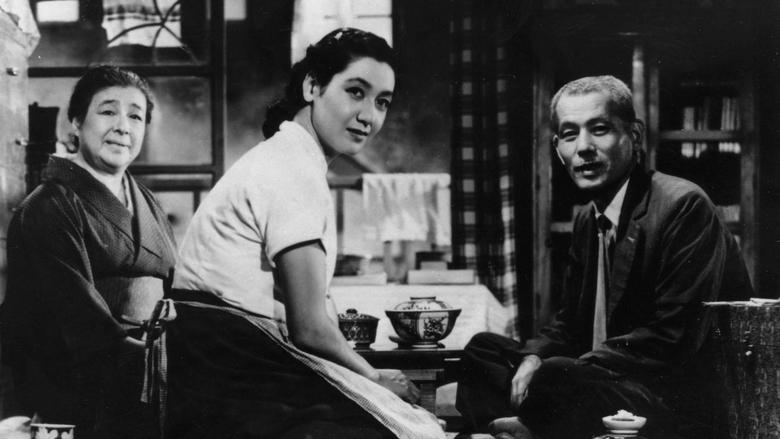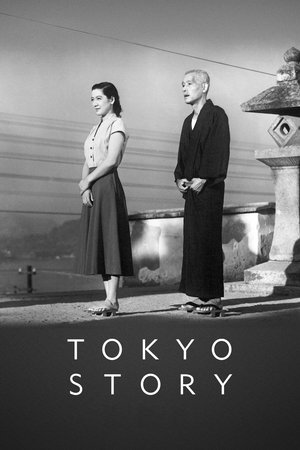
Tokyo Story (1953)
2h 17m | PG-13
The elderly Shukishi and his wife, Tomi, take the long journey from their small seaside village to visit their adult children in Tokyo. Their elder son, Koichi, a doctor, and their daughter, Shige, a hairdresser, don't have much time to spend with their aged parents, and so it falls to Noriko, the widow of their younger son who was killed in the war, to keep her in-laws company.
Director: Yasujirō Ozu
Studio: Shochiku
Genre: Drama
Video: 720p
Cast

Chishū Ryū
as Shukichi Hirayama
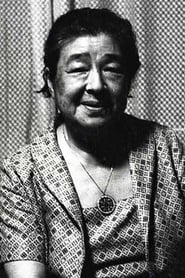
Chieko Higashiyama
as Tomi Hirayama

Setsuko Hara
as Noriko Hirayama
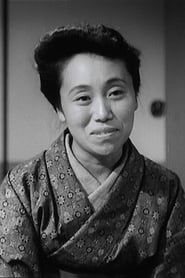
Haruko Sugimura
as Shige Kaneko
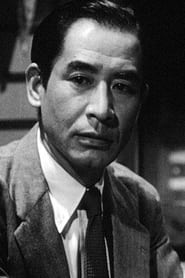
Sō Yamamura
as Koichi Hirayama

Kuniko Miyake
as Fumiko Hirayama
Reviews
A necessary film, in the way that vegetables are necessary.
An elderly couple leave their small fishing village to travel to Tokyo to visit their children and grandchildren. Armed with a small packed lunch and the most perfectly packed suitcase you will ever see, they embark on their train journey to the metropolis. Once there they discover that though they are welcome enough, their paediatrician son "Koichi" (Sô Yamamura) and his beautician sister "Shige" (Haruko Sugimura) are pretty much caught up in their own lives and have little time to spend with their parents. In a land where duty is everything, this film depicts the rather unfeeling, though never callous, way in which the elderly pair are bundled from pillar to post, to a spa populated by youngsters and ultimately into the care of their widowed daughter-in-law "Noriko" (Setsuko Hara) who makes time to look after and try to entertain them. The film takes it's time. The delicate performances from the older couple are a joy to watch, especially once he "Shukichi" (Chishû Ryû) has had some saki with his friends; and she "Tomi" (Chieko Higashiyama) is superb as the long suffering, kindly, wife who has a stoicism that is both entertaining and laudable. It all comes to an head in quite a sadly poignant fashion, allowing the brief appearance of their other son "Keiso" (Shirô Ôsaka) for a conclusion that is both depressing and yet oddly fitting. This is beautifully crafted observation of changing family dynamics, or priorities and of, well, just taking people for granted.
